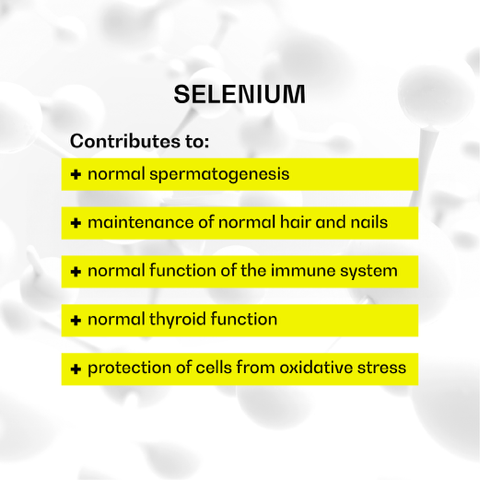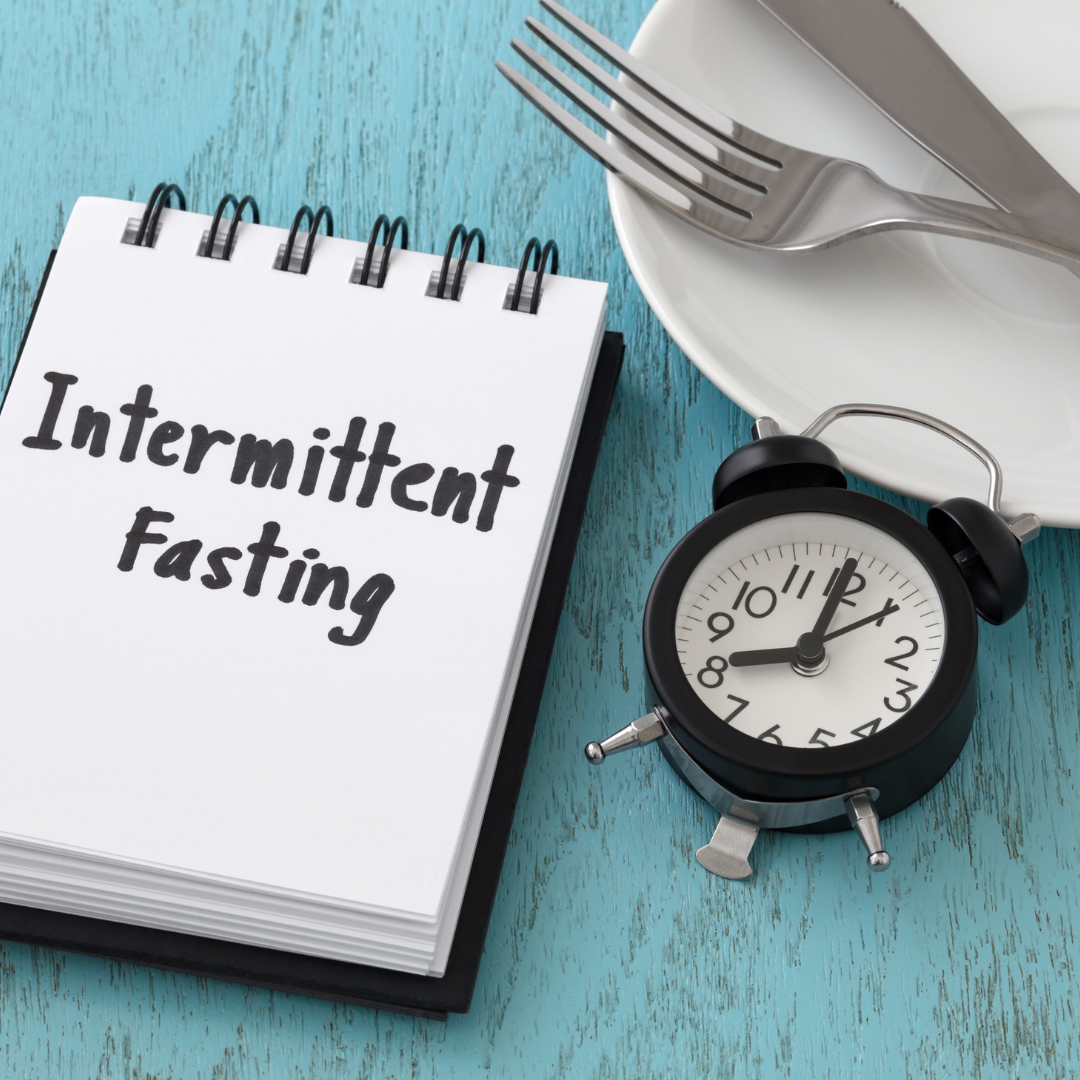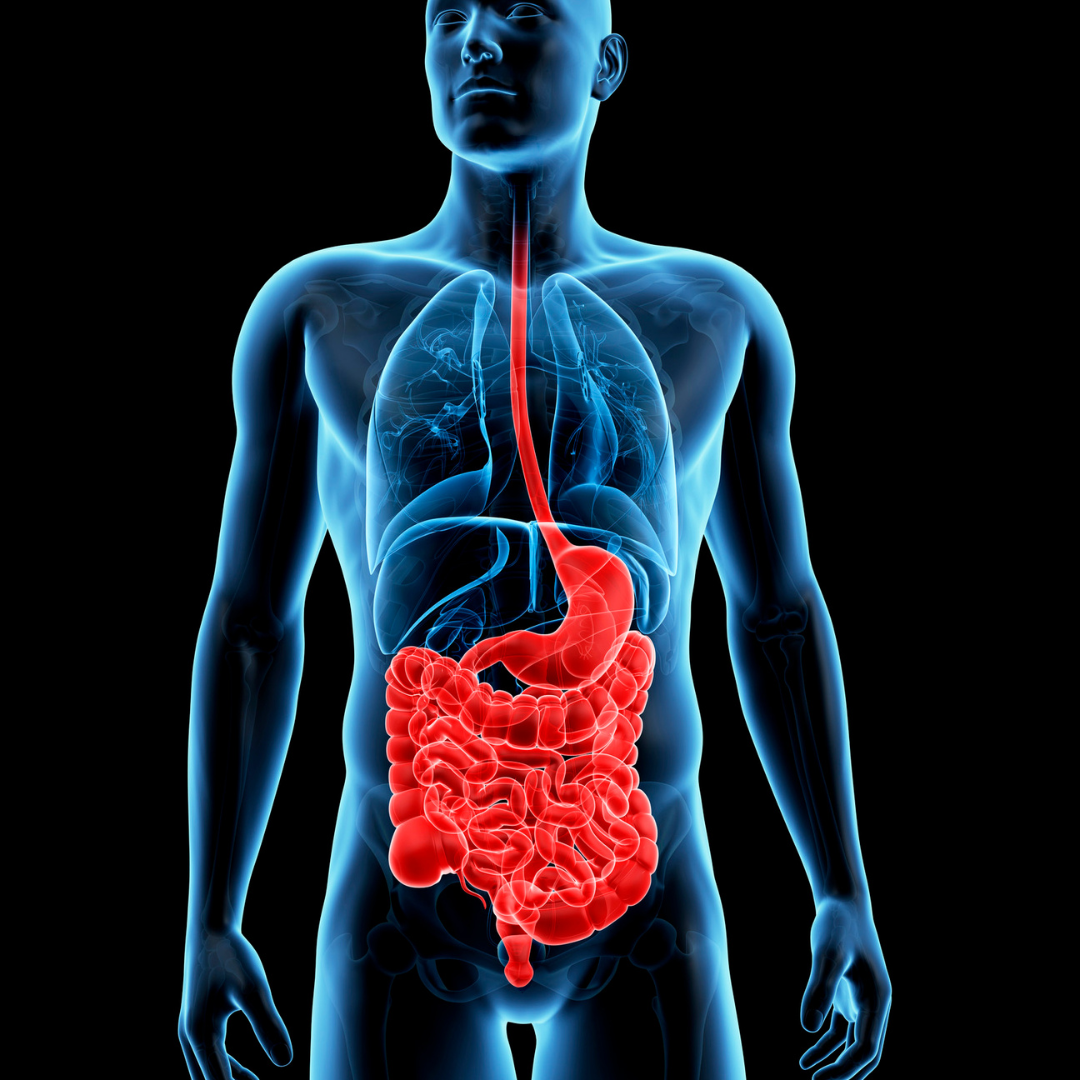How nutrition can help support your mental health
Mountains of research suggests that, as well as affecting our physical health, what we eat may also affect the way we feel….
Evidence shows your diet can help:
+ Give you more energy
+ Help you think more clearly
So, if you are feeling blue, eating nature's healthiest and most nutritious foods might help! No food's a miracle cure, of course, but a healthy diet full of fruits, veggies, whole grains, and lean protein can work wonders when it comes to filling you up, energizing your body, and just generally help you feel your best.
Eat healthy, regular meals.

A balanced diet can improve your energy and focus throughout the day. If your blood sugar drops you might feel tired, irritable, and depressed. Eating regularly and choosing foods that release energy slowly will help to keep your sugar levels steady. Slow-release energy foods include oats, wholegrain bread and cereals, nuts and seeds.
Some quick tips:
Eating breakfast gets the day off to a good start.
Instead of eating a large lunch and dinner, try eating smaller portions spaced out more regularly throughout the day.
Avoid foods which make your blood sugar rise and fall rapidly, such as sweets, biscuits, sugary drinks, and alcohol.
Include foods that can lift your mood, for example:
Foods rich in omega-3s are highly anti-inflammatory and linked to lower levels of depression, e.g., mackerel, salmon, tuna, flaxseed, chia seeds, almonds and walnuts.
Dark-green leafy vegetables came out with a higher antidepressant food score (AFS) in a 2018 study examining how foods might help with mood. Kale, for example, is high in antioxidants and phytochemicals that reduce inflammation in the brain, a possible contributor to feelings of anxiety and depression.
Bananas are high in vitamin B6 which helps synthesize feel-good neurotransmitters like dopamine and serotonin.
Berries pack a wide range of antioxidants and phenolic compounds, which play a key role in combatting oxidative stress
Beans and lentils are an excellent source of B vitamins which help improve mood. B deficiency, especially B12 and folate, have been linked to mood disorders, such as depression.
Dark chocolate is high in health-promoting flavonoids, which have been shown to increase blood flow to your brain, reduce inflammation, and boost brain health, all of which may support mood regulation.
Coffee has been shown to help lower the risk of depression. Who knew?
Stay hydrated.

Drinking enough water (6-8 glasses a day) keeps your circulation flowing smoothly, aids with digestion and weight loss, eases joint movement, and helps your body absorb the nutrients in your food, just to name a few benefits.
Research also shows that water is important for maintaining your mental health. Dehydration may increase your risk of anxiety and depression. For example, in one 2018 Study of over 3,000 adults, those who drank more water had a lower risk of anxiety and depression than those who drank less water.
Limit your alcohol intake.
Did you know that alcohol is a depressant? This means that it can contribute to feelings of depression over the long term. Drinking alcohol can increase the frequency and severity of depressive episodes – as well as reducing the efficacy of antidepressants. What’s more, alcohol can also interrupt your normal sleep patterns, which in turn can also leave you feeling tired and negatively impact your mood.
Take a Supplement.

Clinical studies have shown that several of the vitamins and nutrients found in Himmense SHIFT daily collagen drinks play an important role in mood regulation and fighting depression, including Vitamins B6, B12, D and Ashwagandha.1

Ashwagandha, a stress busting adaptogen, can help lower cortisol levels in chronically stressed individuals. For example, a 60-day study in 64 people with chronic stress, demonstrated those in the group that supplemented with ashwagandha reported a 69% reduction in anxiety and insomnia, on average, compared with 11% in the placebo group. Some research suggests that Ashwagandha may also help reduce depression. You can read more about the multiple benefits of Ashwagandha here.
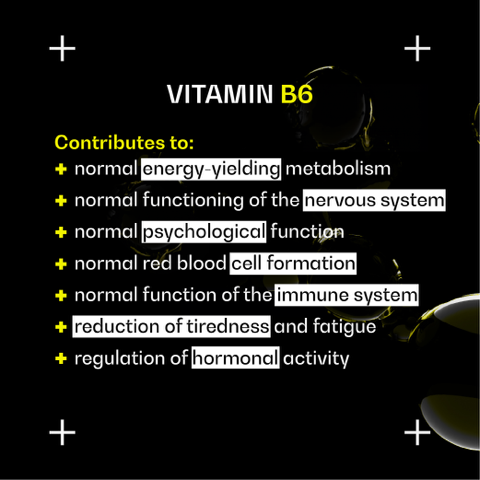
Vitamin B6 plays an important role in mood regulation because it is necessary for creating serotonin, dopamine and gamma-aminobutyric acid (GABA) which are neurotransmitters that regulate emotions. Several studies have shown that depressive symptoms are associated with low levels of vitamin B6, especially in older adults who are at high risk for B vitamin deficiency. For example, one study in 250 older adults found that deficient blood levels of vitamin B6 doubled the likelihood of depression
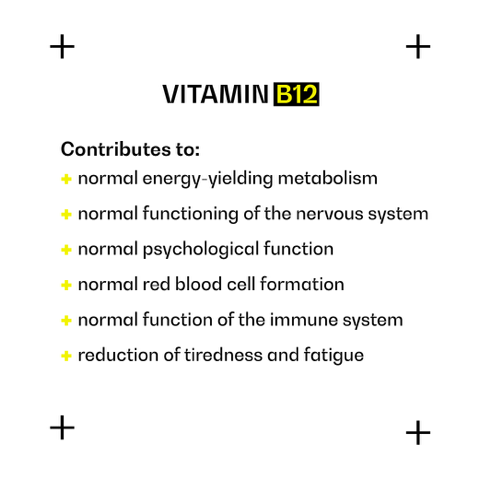
Vitamin B12 is needed for for normal psychological function. B12 acts as a cofactor in synthesis of neurotransmitters such as serotonin and dopamine, thus B12 deficiency affects mood, emotions and sleeping. Studies support the use of vitamin B12 supplements for improving symptoms of depression in people with a vitamin B12 deficiency. For example a review of studies concluded that supplementation of Vitamin B12 early enough can delay the onset of depression. Another, study discovered that vitamin B12 deficiency was associated with twice the risk of severe depression.

Vitamin C deficiency has been associated with depression and cognitive impairment. Several studies have shown that vitamin C helps to regulate cortisol (the stress hormone). Furthermore, a study of 139 male students aged 18-35 years linked higher levels with an improved overall mood and lower levels with increased depression, anger, and confusion.
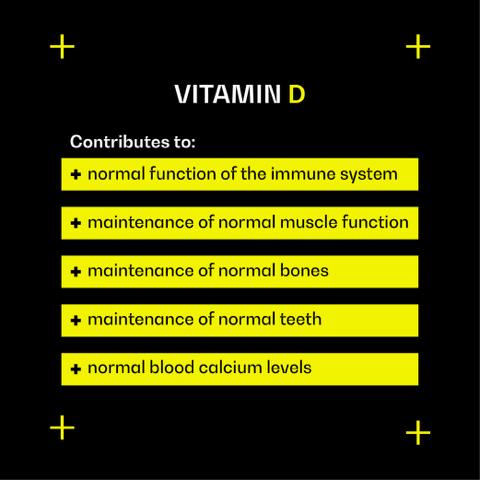
Vitamin D3, known as the “sunshine vitamin” also plays a role in mental health. One meta-analysis found that people with depression have low vitamin D levels and people with low vitamin D have a much greater risk of depression.
Selenium is a trace mineral essential for normal thyroid function, reproduction, and DNA synthesis. One study linked too high and too low levels of selenium in young people to an increased risk of symptoms of depression.
A daily dose of HIMMENSE SHIFT contains 500mg of Ashwagandha, 200% of your Vitamin D daily needs, 100% of your Vitamin C daily needs, 150% of your daily Vitamin B6 needs and 100% of your daily Vitamin B12 needs as well as Vitamin B5 (Pantothenic Acid), Selenium and 6000MG of Hydrolyzed Marine Collagen to support your physical and mental wellbeing.

Read more here for practical ways to look after your mental health as well as a list of resources and support available.
For more information on the science behind the nutrients in HIMMENSE SHIFT supplements for men see here. Advice is for information only and should not replace medical care. Consult a doctor or healthcare professional if you have any questions or are taking any other medications before you try any remedies.
Published 18 November 2022


